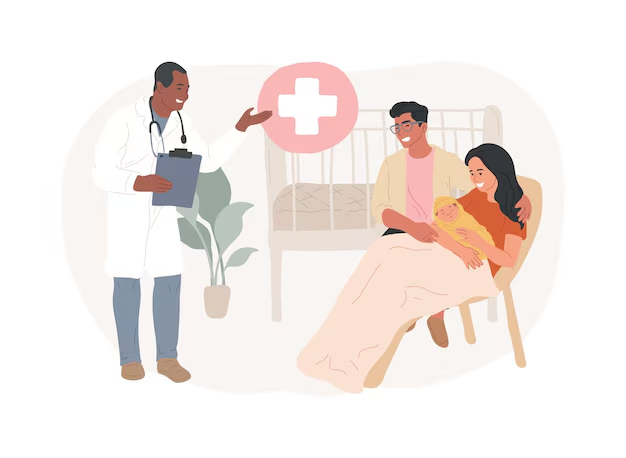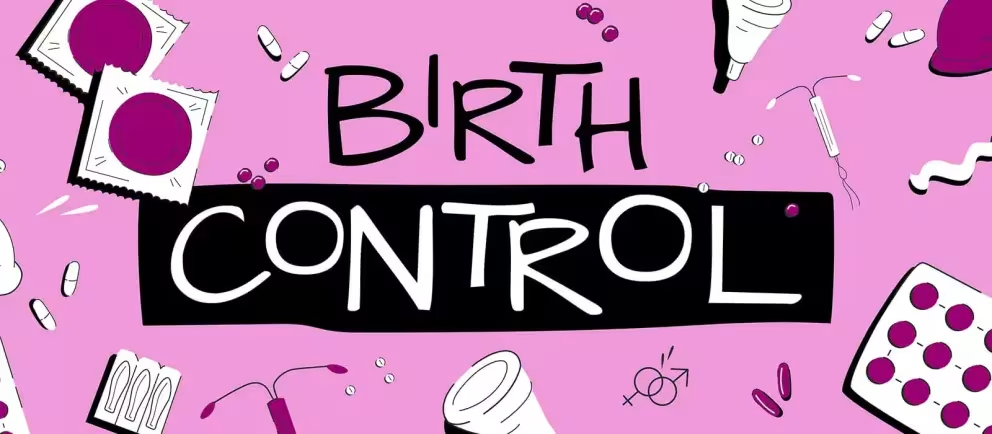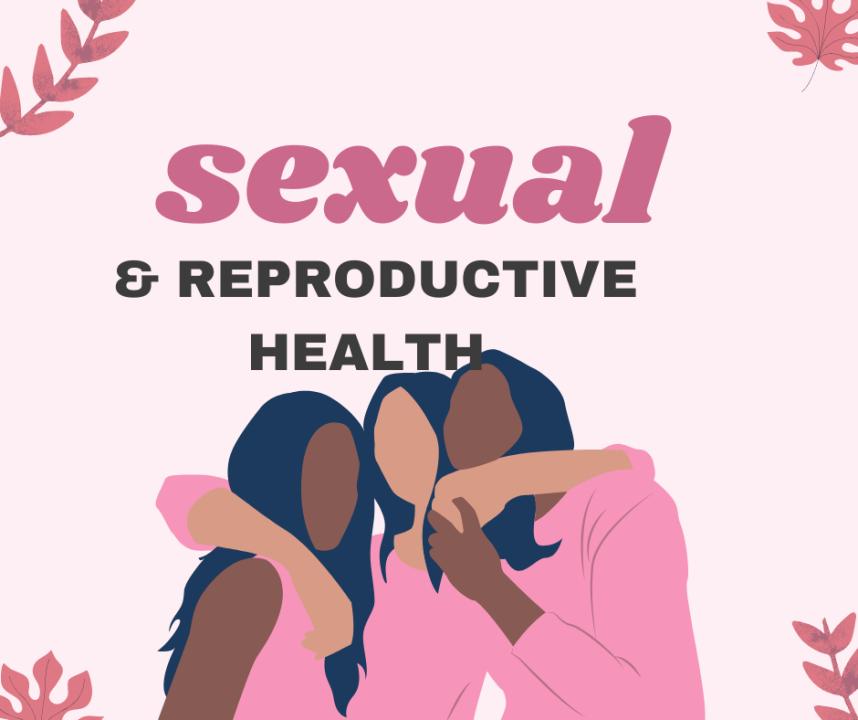🤰 Pregnancy Care & Postnatal Health: A Complete Guide for Mothers
Motherhood is a beautiful journey filled with transformation, joy, and challenges. From the moment of conception to the months following childbirth, both your body and mind go through incredible changes. Proper care during pregnancy and the postnatal period is essential not only for the well-being of the baby but also for the health and recovery of the mother.
This guide provides in-depth insights into how to care for yourself before and after delivery.
🌼 Pregnancy Care: What to Expect & How to Stay Healthy
Prenatal care is vital for a healthy pregnancy. It involves medical checkups, lifestyle changes, and emotional preparation.
1. Regular Checkups
- Schedule monthly prenatal visits during the first 28 weeks, then every two weeks, and weekly in the last month.
- Ultrasounds, blood tests, and screenings help monitor the baby’s growth and detect complications early.
2. Nutrition for Two
- Focus on a balanced diet rich in iron, folate, calcium, and protein.
- Stay hydrated and avoid raw seafood, unpasteurized dairy, and high-mercury fish.
- Prenatal vitamins are recommended to support fetal development.
3. Physical Activity
- Low-impact exercises like walking, swimming, and prenatal yoga improve circulation and reduce back pain.
- Always consult your doctor before starting any fitness routine.
4. Emotional Well-Being
- Hormonal changes can cause mood swings or anxiety.
- Talk to your partner, seek support groups, or consider counseling if needed.
5. Prepare for Birth
- Attend childbirth education classes.
- Create a birth plan outlining preferences like pain relief, labor positions, and who will be present.
👶 Postnatal Health: Recovery, Rest & Renewal
The postpartum period — usually the first 6–12 weeks after delivery — is a time of healing and adjustment. It’s crucial to focus on rest, nourishment, and emotional support.
1. Physical Recovery
- Expect vaginal bleeding (lochia), fatigue, and uterine cramping.
- For C-section deliveries, care for the incision site and avoid heavy lifting.
- Perform gentle pelvic floor exercises (Kegels) to regain muscle tone.
2. Nutrition After Birth
- Continue eating a balanced diet, especially if breastfeeding.
- Stay hydrated and include iron-rich foods to replenish blood loss.
3. Breastfeeding Support
- Breastfeeding can be challenging at first. Seek help from a lactation consultant.
- Use nipple creams and comfortable positions to prevent pain or blockage.
4. Mental Health Matters
- Postpartum blues are common, but if symptoms persist, it could be postpartum depression (PPD).
- Watch for signs like sadness, withdrawal, or feeling overwhelmed and seek professional help.
5. Sleep & Self-Care
- Sleep when the baby sleeps. Don’t hesitate to ask for help.
- Simple hygiene practices, short walks, and even a few minutes of quiet can boost mood and energy.
🛑 When to Call a Doctor
Seek medical attention if you experience:
- Heavy bleeding or clots
- Fever, chills, or severe pain
- Signs of infection at the C-section site
- Symptoms of depression or anxiety that don’t improve
❤️ Support Systems
- Surround yourself with family and friends who offer emotional and physical help.
- Join new mom groups or parenting forums to share experiences.
- Don’t hesitate to delegate tasks and focus on bonding with your baby.
✅ Final Thoughts
Pregnancy and postpartum are deeply personal and unique experiences. By prioritizing both prenatal and postnatal care, you not only nurture your baby’s health but also safeguard your own physical and emotional well-being. A well-supported mother is a healthier and happier one — and that’s the best gift you can give your child.




